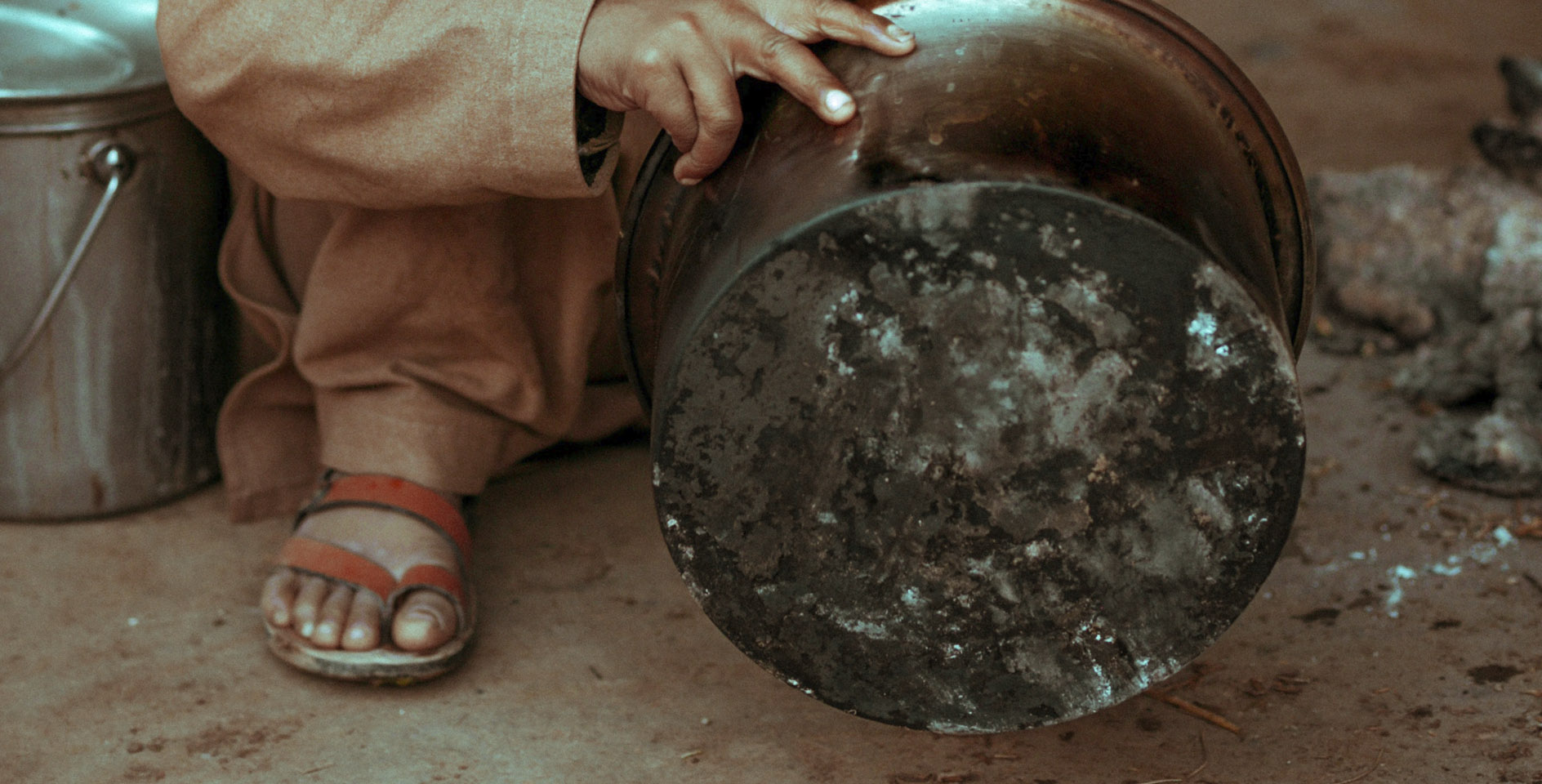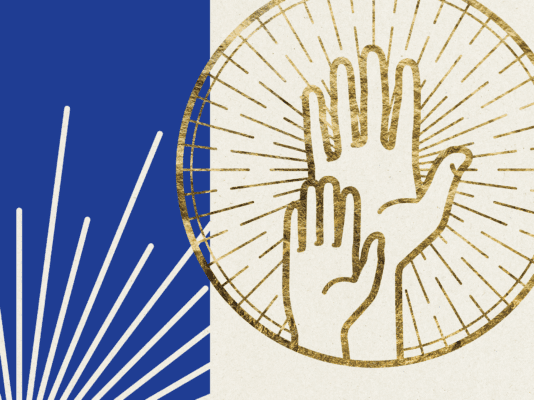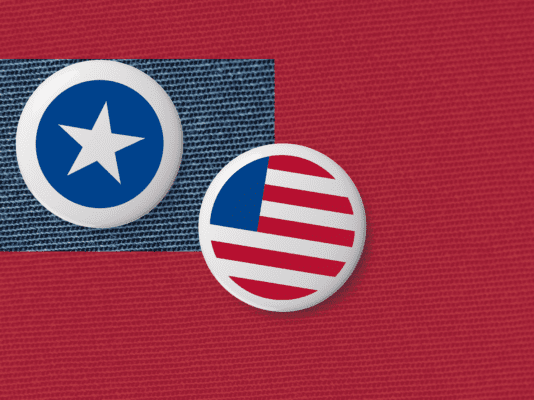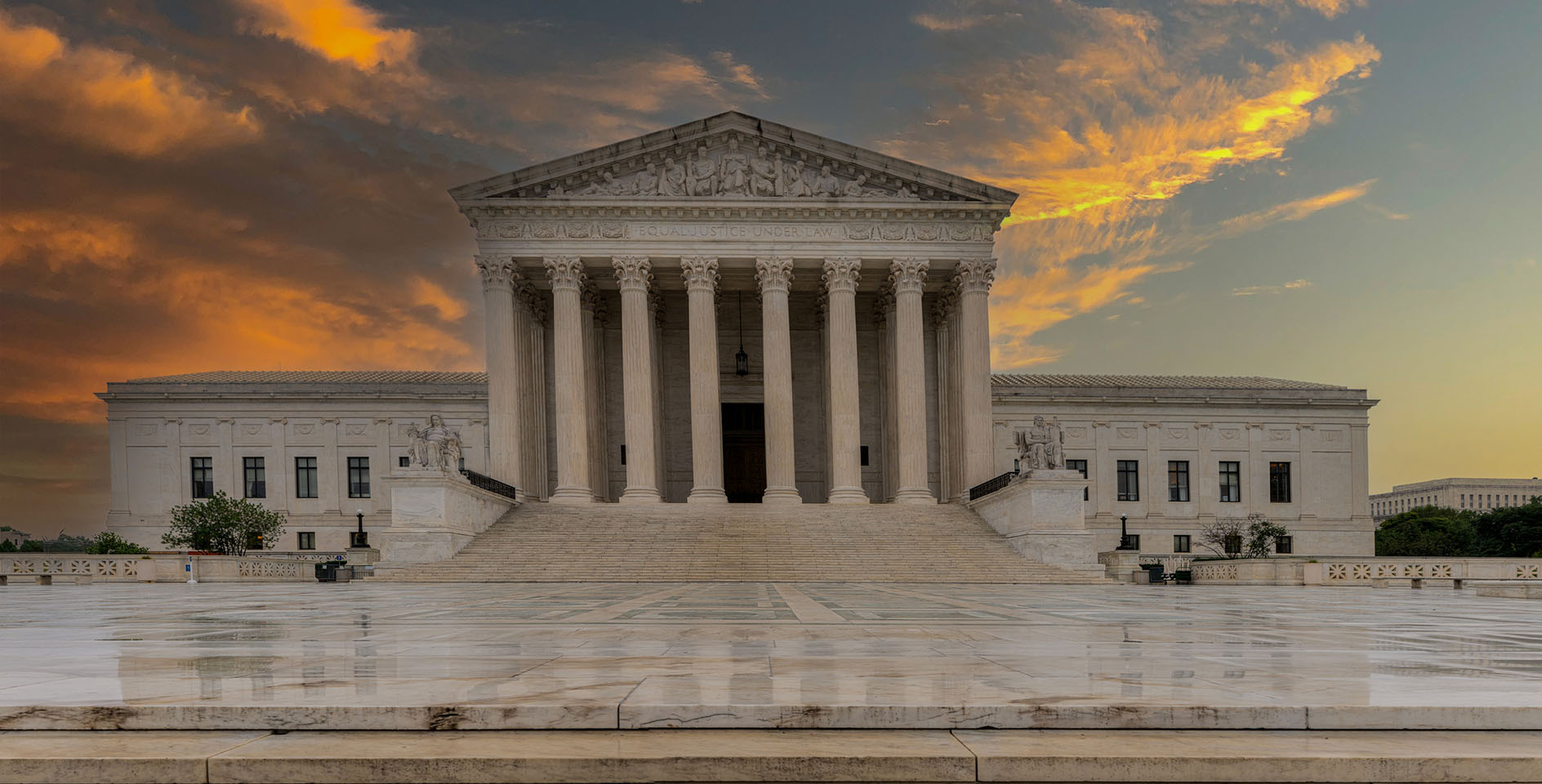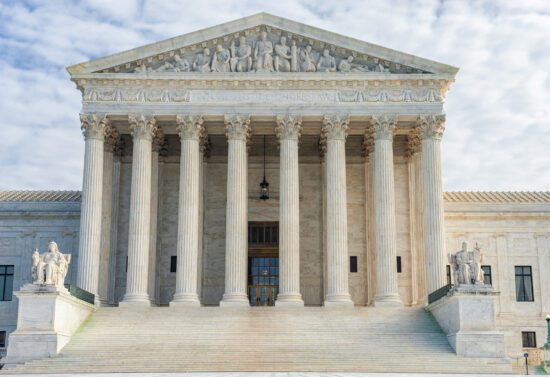I recently read an article about the violence toward women in Honduras. It grabbed my attention because I usually only see articles about Honduran riots and unrest, not about everyday life. Having grown up in Honduras, I think articles like this are important; people need to understand the harsh realities of life for Hondurans, though it’s hard to put into words.
Corruption and violence
I moved to the capital city of Honduras, Tegucigalpa, in 2008 when I was going into the fifth grade. My parents were missionaries, and we spent the next six years there. Over the course of our time there, we witnessed a country go through a military coup and spend the next half decade trying to recover from it. In the summer of 2009, the sitting president, Manuel ‘Mel’ Zelaya, was ousted in the middle of the night, and the government was put in the hands of the military until a replacement was named.
I remember driving to church and seeing a Burger King on fire. I remember the sound of military helicopters circling at night, and weeks of riots in the capital city that ultimately led to the death of many protestors at the hands of the police. The violence and corruption that stemmed from this led Honduras to be named the most dangerous country in the world outside of a war zone. The homicide rate in the two biggest cities in Honduras hovered around an astounding 88-90 per 100,000 citizens. To put this on a scale, the U.S. has a homicide rate of around 4, and the global homicide rate is around 6-7 per 100,000.
As a 12-year-old kid in the aftermath of the coup, I didn’t fully grasp how dangerous the country was. It was for me, as well as most Hondurans, a fact of life that politicians and police are corrupt, and violence and crime affects everyone. When my school basketball team went on a trip to a rival school for a game, we passed dead bodies on the side of the road or floating in the river. It was common to hear about politicians being connected with the cartels, taking drug money, stealing state resources, or rigging elections. There were times when you would be stopped by the police and get asked for a bribe to let you go, or if there were protests on the highways, you would have to pay a “toll” to the protestors in order for them to let your car through.
Poverty and violence
If you are unfortunate enough to be in the 66% of the population who live in poverty, or the 1 in 5 who live in extreme poverty, things are even worse. Gangs are the root cause of the violence and crime in the city barrios, or slums. Women as young as 10 are targets of rape and incest by men, with 90% of those crimes going unpunished. Gangs circulate drugs through the streets as a way to “escape” that reality.
If you own a small business, such as a pulperia that sells chips, soda, and other small snacks on a street corner, you might be forced to pay a “war tax,” or an impuesto de guerra, to your local gang for their protection. If you decline to pay or can’t pay, the least of your worries is your business being attacked and vandalized. Your family becomes targets of the gang until you agreed to pay the tax.
Honduras also has no middle class, just a small, elite, upper class and a massive lower class. Those born into poverty have a 99% chance of staying in poverty. Because of these odds and the massive systematic oppression of basic human rights and decency by the Honduran leaders, Hondurans are forced to seek ways to get out. This is manifested in a couple ways. Gang membership is one way because it provides food, a home, a “family,” and a purpose, which is more than a poor kid in the slums would have. Another way that mostly women and children choose is to leave. It is an expensive and dangerous journey, but for some, it is the only choice. These are just a few of the reasons why people from Honduras decide to risk everything and leave their home to seek a shot at a better one in the U.S.
Responding as Christians
One of the central themes of the gospel is caring for those who cannot care for themselves. In Matthew 25:40-45, Jesus tells us that whatever we did not do for the least of these, we did not do for him. Where else do we see “the least of these” than in the thousands of people fleeing violence and poverty? The parents in these families with tin walls and dirt floors, one bed for 10 people, and no food for their kids, risk their lives and spend their fortunes for the smallest chance that their kids will not have to grow up knowing the same reality that they did.
If, as a church, and a Christian community, we wish to emulate Christ, here are a few things we should do.
How we should view immigrants: One of the first ways to start is our view toward immigrants. We are called to show Christ-like love for our neighbors, including immigrants, and to share the good news of salvation to those of every nation. Honduran immigrants are made in God’s image and deserve to be treated as such. When we look down upon and despise these individuals and families, we undermine their very human dignity. This is antithetical to the message of the gospel and undermines the Church’s mission.
How we should pray: We should be continually praying for the leaders of Honduras, that they would lead the people in a Christ centered way. We should pray that the people would find comfort in Christ’s love, and we should pray for safety and protection from anyone and anything that seeks to do them harm.
How we should learn: We can read and learn about what life is like in Honduras. We should talk to a local Honduran immigrant about what they have been through. Or, we can on a short term mission trip to Honduras and experience it firsthand.
After living in Honduras for six years and experiencing hundreds of mission trip teams, the one thing I have heard over and over is how people came to Honduras wanting to make a difference in the lives of the Honduran people, but how the love of the Honduran people actually changed them. Christ calls on us to love our neighbor as ourselves, even if that neighbor comes from a faraway and dangerous place like Tegucigalpa. I pray that we may do what’s in our power to love and esteem the Honduran people like Christ loves us. We might just find ourselves changed as a result.
